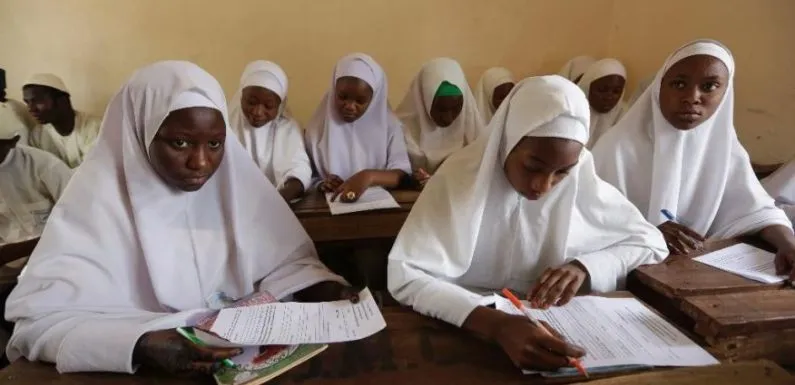By Lizzy Carr
The United Nations Children Fund (UNICEF) has tasked the media to actively promote school enrollment in their coverage.
United Nations Children Fund (UNICEF), which lamented that there are over 10 million out-of-school children in Nigeria despite its importance said that the development should be a source of concern for all.
Chief of Bauchi Field Office UNICEF, Dr Tushar Rane stated this at a Media Dialogue on Out-of-School Children in Bauchi State held in Misau local government area of Bauchi State.
He said education is a fundamental right that empowers children to reach their full potential, but unfortunately, many of these children in Bauchi state are unable to access this fundamental right.
“Children are been robbed of their dreams and aspirations for a better future,”
Rane added that education plays a vital role in the development of any country especially at the basic level, stressing that it is important to the socio-economic development of any nation.
He said that UNICEF is committed to improving the lives of children and women in Nigeria, especially in achieving the Sustainable Development Goals (SDGs); and the Education for All (EFA) goals of educating every child at all levels and in all groups.
“We work with the governments to enhance planning for improved delivery of education. We also support them to remove systemic barriers that impede children’s access to quality education.
“Our work with the governments is further enhanced through collaboration with traditional leaders, Civil Society Organizations, faith-based organizations, communities, and other development partners to find solutions that will result in getting the out-of-school children back to school,”
He pointed out that the media dialogue is a platform for open and constructive discussions on the root causes of the issue of out-of-school children, the challenges hindering school-aged children’s access to education, and most importantly, the potential solutions that all can collectively work towards in Bauchi state.
“You are the drivers of social discourse, I, therefore, encourage us to let the discussions from this media dialogue motivate us, to amplify the voices of out-of-school-children, advocate for change, and to reaffirm our commitment to ensuring that no child is left behind,”
He said the media must be involved in this year’s enrollment drive campaign, where UNICEF will be engaging traditional/religious stakeholders, School Based Management Committees, and youths to ensure effective awareness and mobilization of parents, guardians, and communities, on the importance of enrolling all school-age children in schools.
“We all have roles to play in ensuring that children of school age in Bauchi state are enrolled into school at the right age and work for a more inclusive future for children in Bauchi and beyond,”
Rane commended the media for their support of the cause of advancing child rights concerns in Nigeria and reiterated its commitment to strengthening the partnership to ensure that all school-age children in Nigeria, including those in Bauchi State, fulfill their right to quality education.
The State Ministry of Education in its submission by the Director of Administration and Human Resources, Yakubu Ahmed agreed that the issue of out-of-school children is a menace that needs different approaches to tackle.
He emphasized that the approaches must be evolved based on the specific needs of each area stressing that the problems cannot be the same the more reason that critical studies must be made to know the needs of each area.
Ahmed assured that the Ministry of Education will continue to collaborate with UNICEF and other relevant agencies in the education sector to effectively tackle the menace of out-of-school children in the state.
The Director of School Services Bauchi State Universal Basic Education Board Korijo Buba commended UNICEF for its effort in addressing the challenge of out-of-school children and called on the media to strengthen its sensitization mechanism to ensure positive attitudinal change among parents and other stakeholders.
The dialogue drew participants from the Ministry of Education, SUBEB, BASAME, and Journalists.



